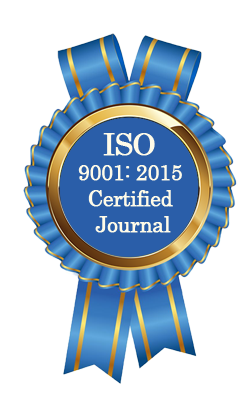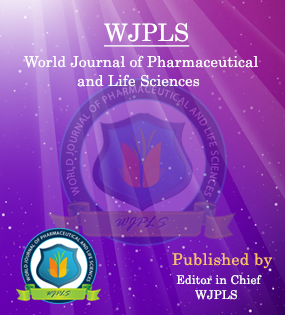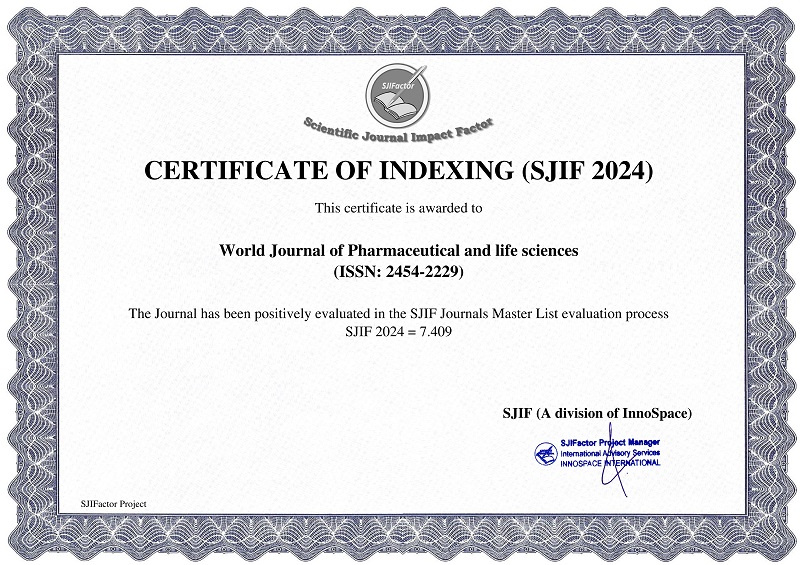Abstract
THE FREQUENCY OF BREASTFEEDING BY THE MOTHERS OF SURI TOWN DEPENDS ON THEIR EDUCATION LEVEL, NUTRITIONAL STATUS AND POST-PARTUM DEPRESSION
Kuntal Gupta, Dr. Subha Bose Banerjee* and Moumita Chaudhuri
ABSTRACT
Introduction: Breastfeeding is very important for baby after delivery. Lactation helps a baby to grow healthfully. Numerous factors have been reported to influence lactation such as age, parity, BMI, educational level, number of family members and postpartum depression. We carried out this prospective study to determine factors affecting the frequency of breastfeeding in a sample of mothers in Suri Sadar Hospital. Materials and Method: The research study was done in August 2019 in suri. A total 38 mothers who gave birth and stayed in hospital for postpartum service. Factors affecting the frequency of breastfeeding were analyzed. This survey was performed using some anthropometric measurement, questionaries’ and Edinburgh Postnatal Depression scale (EPDS). Result: Result shows that most of the mothers belong to the normal and underweight BMI group. Most of the (39.4%) mothers’ education are at secondary level and most of them belong to a family with 5-7 family members. We found that frequency of breastfeeding increases with BMI but decreases with increasing educational qualification and postpartum depression score. Conclusion: As a result of our study, BMI, education and Postpartum depression are the determining factor that affect frequency of breastfeeding. But age and parity have no effect on frequency of breastfeeding in this study. So maternal nutrition and mental health is much more important for breastfeeding frequency.
[Full Text Article] [Download Certificate]WJPLS CITATION 
| All | Since 2020 | |
| Citation | 590 | 424 |
| h-index | 12 | 10 |
| i10-index | 17 | 14 |
INDEXING
NEWS & UPDATION
BEST ARTICLE AWARDS
World Journal of Pharmaceutical and life sciences is giving Best Article Award in every Issue for Best Article and Issue Certificate of Appreciation to the Authors to promote research activity of scholar.
Best Article of current issue
Download Article : Click here





